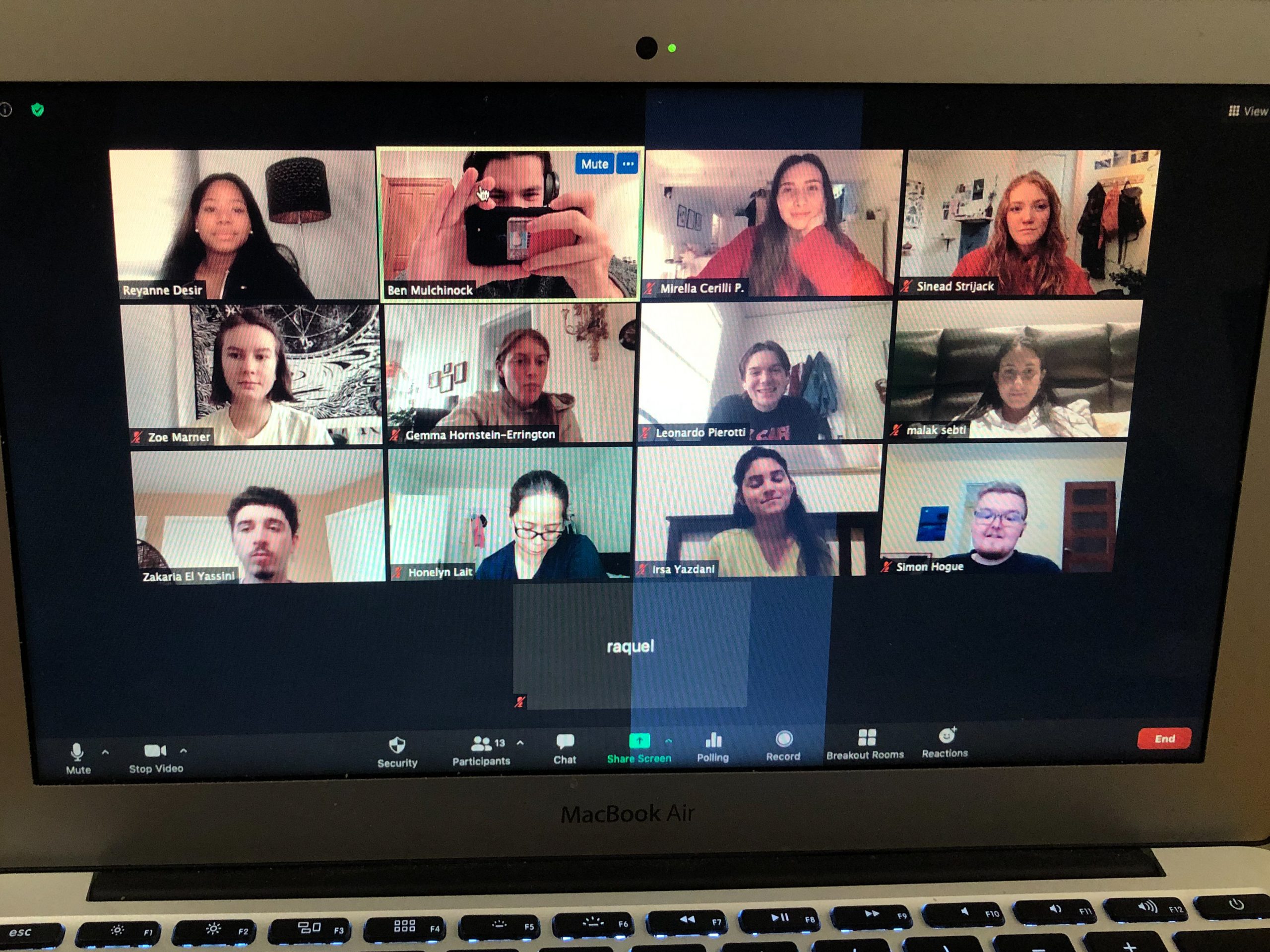To a generation of Jewish University students looking for some identity, Rabbi Shlomo Carlebach was nothing short of a godsend. He was an old-school scholar who had a way with freshman and a presence that would make even a non-Jew proud of the Jewish heritage. His songs and stories retold the Jewish experience in modern times and impressed upon many young Jews a profound notion of who they were, who they are, and who they are going to be. His death, several years ago, left a new Jewish cultural landscape and turned Rabbi Shlomo into a modern legend.
He devoted his life to making Jewish youths proud of their Jewishness in the assimilationist tumult of the 70s, 80s, and 90s. Remarkably, he did – and still does – succeed.
Throughout his lifetime, Rabbi Carlebach toured hundreds of college campuses with a guitar, a gruff voice and little else, always asking students the same question. “I ask students what they are,” he’s quoted as saying. “If someone gets up and says, I’m a Catholic, I know that’s a Catholic. If someone says, I’m a Protestant, I know that’s a Protestant. If someone gets up and says, I’m just a human being, I know that’s a Jew.”
Though this is not the norm, Rabbi Carlebach was making a simple yet poignant point on the way Jews identified themselves and saw their position among the divided armies of the human brotherhood. There are two ways to understand this student’s response. Firstly, we can see this student as a person ashamed of his family, his community, his history or his religion.
Unfortunately, there are Jews who so passionately wish to dissolve the historic pain and power of the Jewish experience that they uproot themselves from any senseof community. This is a shameful, yet understandable position.
But Rabbi Carlebach did not mean to imply that Jewish self-hatred looms a shadow over American universities. That would simply be wrong and fiercely uncharacteristic.
Jews carry a stigma. There is a Jewish stereotype, a popular image we think of when we hear the word “Jew.” To a large extent, an open Jew must be a balance between Woody Allen and a bold-bearded Rabbi. A Jew must be a compass of either neurotic humor or ancient wisdom. More so, the Jewish community is falsely looked at as insular and isolationist, assumably taught by eons of hatred that morality and compassion skipped everyone but the chosen people. But like most stereotypes, this one distorts and even reverses the truth.
There are Jews living in almost every country in the world. Jews carry the face of every race, use the tongue of every language. They have practiced and professed every ideology, science, business and talent, all of which have indelibly forged a collective experience, the length of human history. Jews have a universal condition, featuring every sorrow and dream in the heart of humanity.
The Bible explains that God created one man and one woman from whom to begin the human race. The Rabbis teach that the reason for this was to let it be known that all men and women in the world are brothers and sisters, impressions of the same origin andnature.
Lionel Trilling, a famed liberal humanist and literary critic, once proudly, and poetically defined what it is like to be Jewish. “Being a Jew is like walking in the wind or swimming: you are touched at all points and conscious everywhere.”
Some Jewish students come to University perhaps hesitant to express their religion, some wishing simply to “blend in.” Though understandable, this should not be. We have a tremendous history to be proud of; songs and stories that would make any student grateful to carry the Jewish heritage and to take part in the Jewish experience. This age comes to us only once.
From Moses to Sandy Kofax, from Maimonides to Adam Sandler, Jews continue to be proud of their history and identity as common members of the human society. A Jew is “just a human being,” and that, at the very least, is what makes them Jewish, proud of who they were, who they are, and who they are going to be.
Master your Photo Skills with the Concordian
Photography is as easy as one, two, three! Are you ready to switch out the average camera on…



